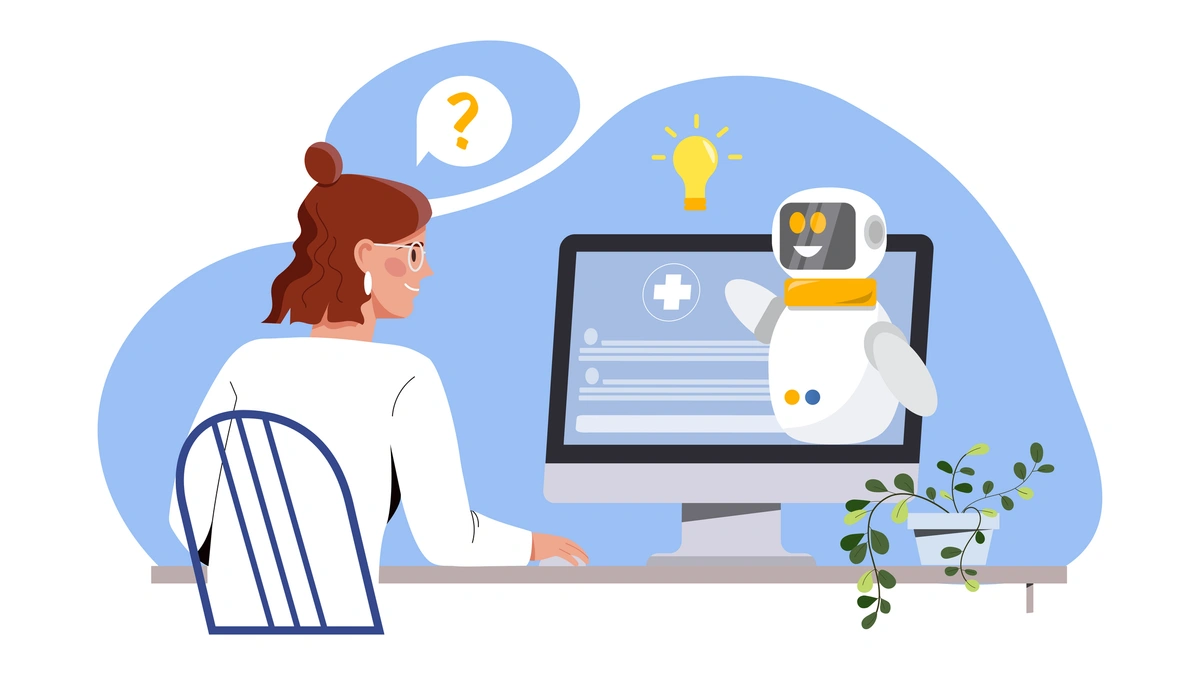MindMetrix: Digital Technology That Doesn’t Hide Behind AI

October 1, 2024
In today’s rapidly evolving digital health landscape, many platforms lean heavily on artificial intelligence (AI) to provide mental health services. While AI can offer innovative solutions, its black-box nature can sometimes leave users wondering about the accuracy and accountability of its recommendations.
One study highlights up to a 30% misdiagnosis rate in AI applications for mental health, increasing concerns about the accuracy of AI-based recommendations. Furthermore, over 50% of users express discomfort due to AI's lack of transparency.
MindMetrix, however, takes a different approach—one grounded in data and accuracy—where mental health assessments are driven by proven, transparent methodologies and not hidden behind AI.
What sets MindMetrix apart
Instead of relying on machine-learning algorithms to deliver conclusions, MindMetrix provides assessments grounded in established psychological principles that are clear and regularly relied upon in practice today.
Studies show that there are at least 1,497 unique profiles of depression, making it difficult to create one-size-fits-all AI models. Depressive disorders are highly comorbid with conditions such as anxiety, further complicating diagnoses and increasing the risk of misclassification by up to 30%.
Accuracy over AI guesswork
One of the key challenges with AI in mental health is that it often operates as a machine-learning algorithm. Users input their data, and AI churns out recommendations or scores—but without clarity on how or why certain conclusions are made. This lack of transparency can make it difficult for both individuals and professionals to trust and act on the information.
MindMetrix avoids this ambiguity by focusing on peer-reviewed, evidence-based assessments that offer full clarity in their methodology. Providers can see and understand exactly how their patients’ scores are calculated, fostering trust and enabling them to take meaningful action.
MindMetrix offers the option of a raw response report. The report reveals all assessment questions and responses for a patient, allowing providers to get an even more complete picture of their patients’ symptoms and presentation.
Data-driven without the disconnection
While some platforms hide behind layers of AI, MindMetrix utilizes digital technology that is firmly rooted in real, research-backed psychological data. The emphasis is not on making flashy predictions, but on providing mental health professionals with insights they can fully comprehend and use for their patients’ mental health care.
Through the use of probability statistics and the published precision rates for each screening tool, MindMetrix delivers highly credible results. The tests chosen for each condition's assessment are selected for their sensitivity (ability to detect true positives) and specificity (ability to detect true negatives) at a defined clinical cutoff score. These metrics are used to weight the results of each test in relation to others in the set, producing the Elevated Likelihood — an estimate of how much more likely you are, based on your results, to have the condition compared to the general U.S. adult population.
“The rise in AI diagnostics is a wonderful advancement; With the nuances in mental health, we think it is important to take a more transparent approach to supporting clinicians so that they can make the best decisions possible,” states Margot Nash, MindMetrix CEO & cofounder.
“The tools to identify mental health conditions are out there, but they are often hidden in published literature, in many cases existing in paper-and pencil format. And, to be interpreted responsibly, they can’t be used in isolation. MindMetrix makes this possible without the administrative headache.”
Sources
-
Yan, W.-J., Ruan, Q.-N., & Jiang, K. (2022, December 20). Challenges for artificial intelligence in recognizing mental disorders. Diagnostics (Basel). https://www.ncbi.nlm.nih.gov/pmc/articles/PMC9818923/
- Jin, K. W., Li, Q., Xie, Y., & Xiao, G. (2023, September 25). Artificial Intelligence in mental healthcare: An overview and future perspectives. OUP Academic. https://academic.oup.com/bjr/article/96/1150/20230213/7498934?login=false
Ready to boost your practice?
Try 3 complimentary assessments on us.